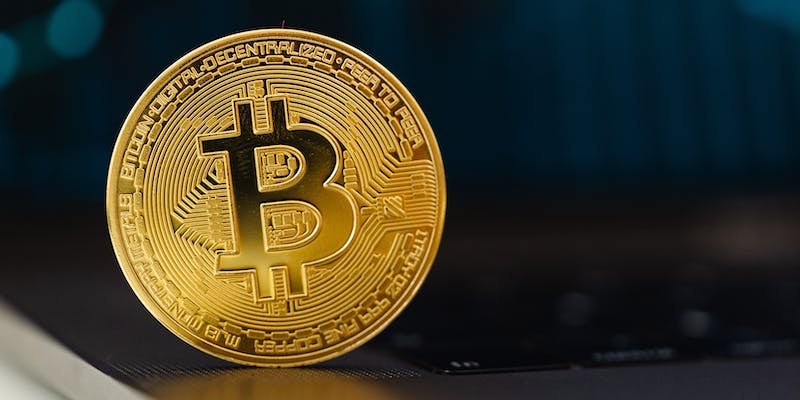The Bitcoin community finds itself engaged in a heated debate surrounding the rejection of Ordinals inscriptions within the blockchain. With concerns about the potential future implications of Ordinals, a contributor to Taproot Wizards has developed a script aimed at rejecting blocks that include Ordinals inscriptions. This article delves into the intricacies of the issue, explores the script’s potential impact, challenges the virtue signaling in the community, examines the criticisms and mockery of Ordinals, discusses potential circumvention of the script, evaluates the resurfaced censorship debate, highlights potential benefits of Ordinals-inflicted mempool congestion, and looks ahead to future solutions in handling Ordinals volumes.
The script to reject registrations
The recently developed script aimed at rejecting blocks with ordinal inscriptions has been the topic of intense discussion within the Bitcoin community. The purpose of this script is to prevent the incorporation of ordinal inscriptions into the blockchain. While this approach may seemingly provide a temporary solution to the issue at hand, it raises concerns about potential impacts on the Bitcoin network. Rejecting specific blocks may introduce complications in terms of consensus and decentralization.
Challenging virtue signaling
As the debate rages on, some proponents of the script challenge individuals to either run the script themselves as a tangible step towards stopping inscriptions or admit to merely engaging in virtue signaling on social media platforms. This call to action highlights the need for actual participation in the discussion and practical solutions rather than mere rhetoric.
Mockery and criticism of ordinals
In an attempt to express dissent and skepticism towards Ordinals inscriptions, the developer of the script, Rijndael, took to the GitHub repository page to satirize and mock Ordinals. This act of ridicule and sarcasm aimed to project the notion that critics of Ordinals are a minority in the Bitcoin community. However, it is important to recognize that mockery alone does not undermine the legitimate concerns and arguments raised by critics.
Rijndael acknowledged in an honest admission that changing the Ordinal fingerprint could potentially circumvent the script designed to reject inscriptions. This raises questions about the effectiveness and reliability of the script as a long-term solution to the issue. It appears that a determined individual or entity could find ways to overcome the script’s restrictions and reintroduce inscriptions into the blockchain.
Resurfacing of the ongoing censorship debate
The debate surrounding On-chain transactions gained traction once again when OCEAN, a prominent Bitcoin mining firm, made a noteworthy decision to reject On-chain transactions entirely. This move reignited discussions within the community, with some supporting OCEAN’s stance while others viewed it as an unnecessary form of censorship. The resurfacing of this debate serves as a reminder that there are varying opinions on how to handle On-chain transactions.
Potential benefits of mempool congestion
While Ordinals-inflicted mempool congestion can be seen as a nuisance, some argue that if it becomes stable and predictable, it could actually benefit Lightning transactions and their users. This line of thought suggests that increased mempool congestion can enhance the efficiency and reliability of Lightning Network transactions, thereby improving the overall user experience.
Future solution: Bitcoin Core update
Looking ahead, a potential solution to address Ordinal’s volumes could be implemented through an update to Bitcoin Core in its 27th version slated for 2024. This update presents an opportunity to refine and regulate the influence of Ordinal’s inscriptions, thus mitigating concerns surrounding their impact on the Bitcoin network. Such a solution would require careful consideration and collaboration within the community to strike a balance between maintaining the essence of decentralization and addressing the potential risks associated with Ordinals.
The rejection of ordinal inscriptions in the Bitcoin community has sparked a vigorous debate about the future direction of the cryptocurrency. The advent of the script aimed at rejecting blocks with ordinal inscriptions has triggered discussions about its potential impact, practical actions versus virtue signaling, criticisms and mockery, circumvention possibilities, the renewed censorship debate, potential benefits of mempool congestion, and upcoming solutions through Bitcoin Core updates. As the community rallies around this issue, it remains imperative to find a consensus-driven approach that respects the core principles of Bitcoin while addressing the concerns raised. Only through open dialogue and collaboration can the community navigate this complex issue and ensure the long-term sustainability and growth of Bitcoin.

